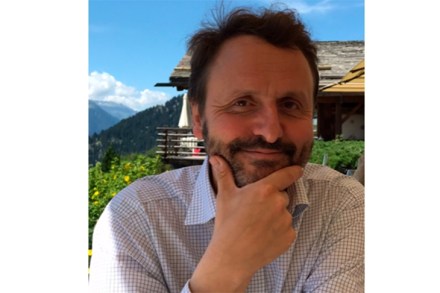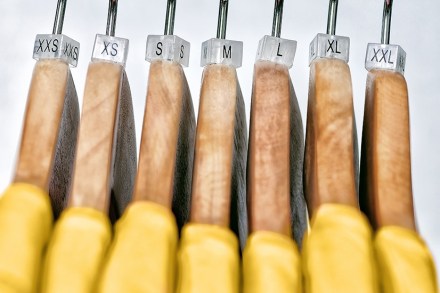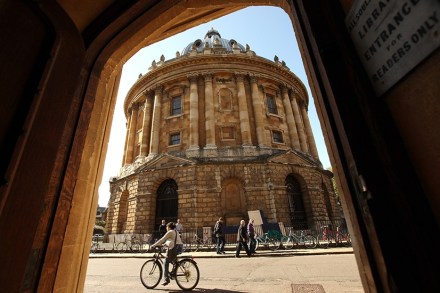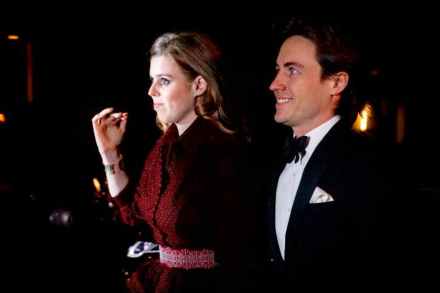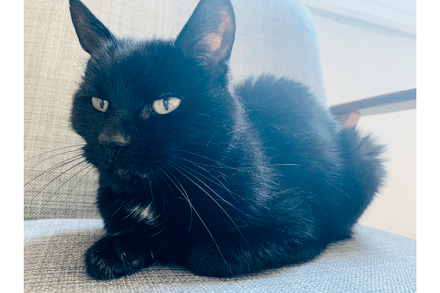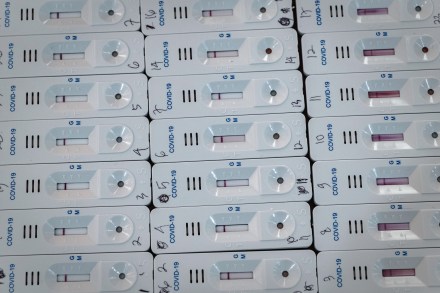Abstinence makes the heart grow fonder
The wine has been flowing in the Young household this week. The reason I’ve been celebrating is because I managed to get through January without a drink. Like many people, I try to do this every year, but it felt like a particular achievement this year because of the lockdown Boris announced on 4 January. Almost everyone I know used that as an excuse to fall off the wagon. ‘There’s no way I can get through another lockdown without a drink’ was the general refrain. One thing that helped was joining the Wine Society and loading up on bottles throughout ‘dry’ January. It had never occurred to me to join




